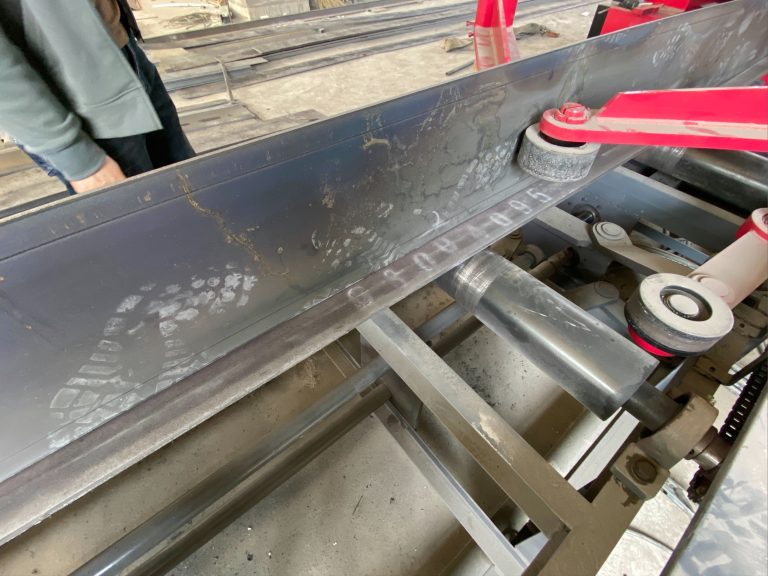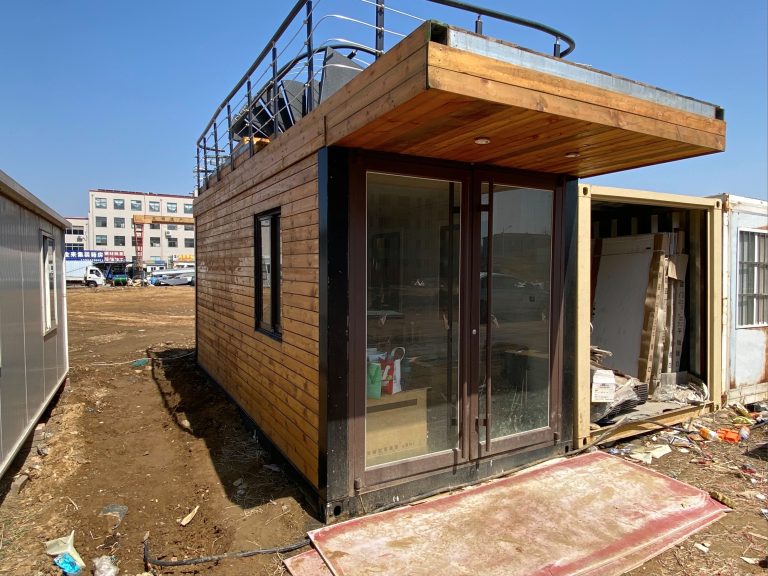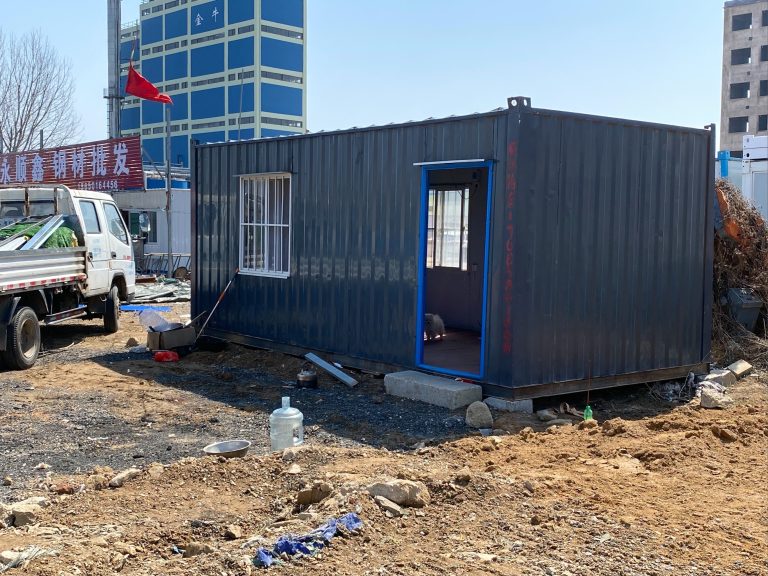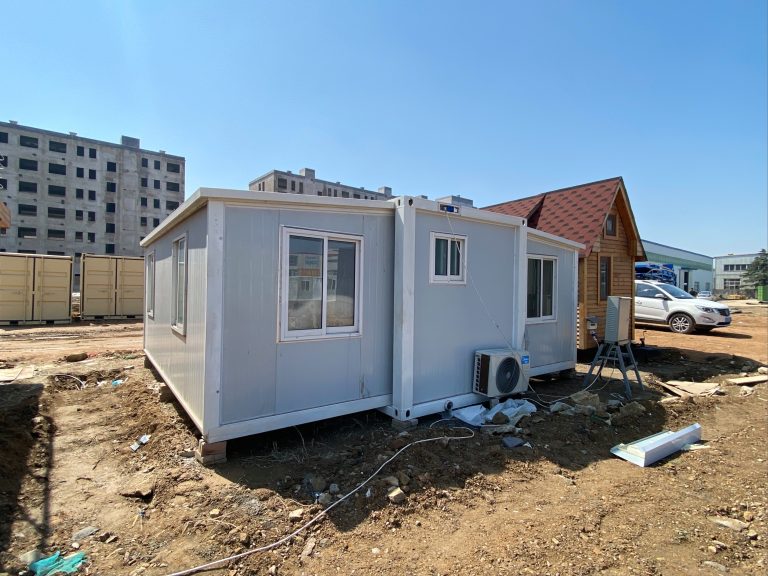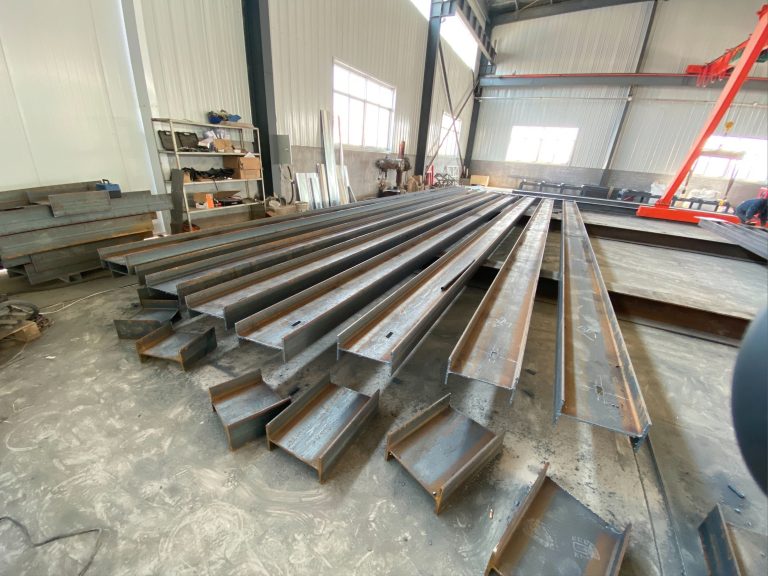Research data management and sharing mechanism of box house in temporary scientific research experimental facilities.
Table of Contents
Benefits of Implementing Research Data Management in Temporary Scientific Research Experimental Facilities
Research data management is a critical aspect of any scientific research project, as it involves the organization, storage, and sharing of data collected during the research process. In temporary scientific research experimental facilities, such as box houses, implementing a robust research data management system is essential to ensure the integrity and accessibility of the data collected.
One of the key benefits of implementing research data management in temporary scientific research experimental facilities is the ability to maintain the quality and accuracy of the data collected. By establishing standardized protocols for data collection, storage, and analysis, researchers can ensure that the data is reliable and reproducible. This is particularly important in temporary facilities where research projects may be conducted over a short period of time and involve multiple researchers.
In addition to maintaining data quality, research data management also facilitates collaboration and knowledge sharing among researchers. By implementing a centralized data repository, researchers can easily access and share data with their colleagues, enabling them to collaborate on research projects more effectively. This not only enhances the quality of the research but also promotes transparency and accountability in the scientific community.
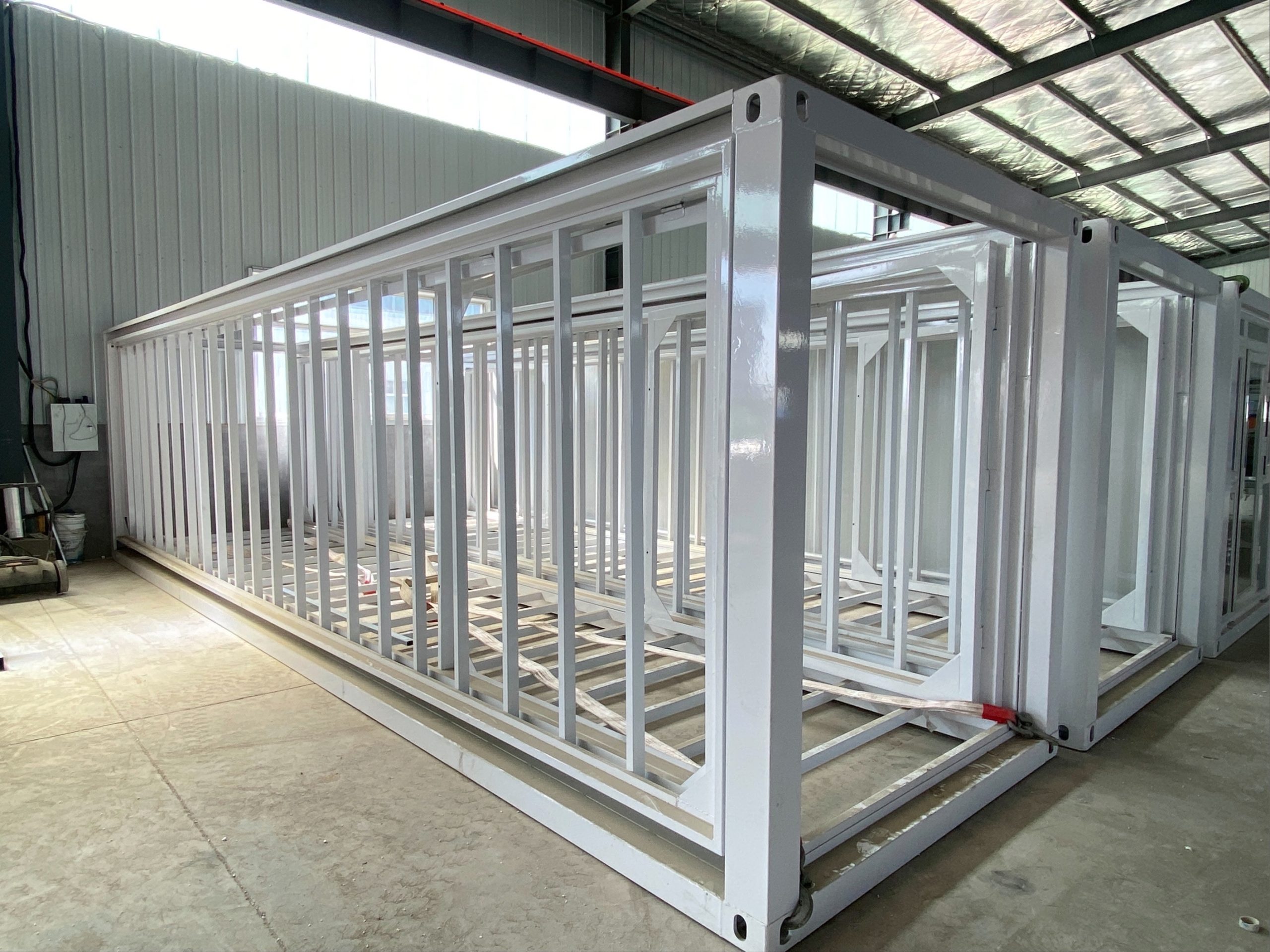
Furthermore, research data management in temporary scientific research experimental facilities can help researchers comply with data sharing requirements imposed by funding agencies and journals. Many funding agencies and journals now require researchers to make their data publicly available to promote transparency and reproducibility in scientific research. By implementing a data management system that allows for easy sharing of data, researchers can ensure that they meet these requirements and contribute to the advancement of science.
Another benefit of implementing research data management in temporary scientific research experimental facilities is the ability to track and monitor the progress of research projects. By keeping detailed records of data collection and analysis, researchers can easily track the status of their projects and identify any potential issues or discrepancies. This can help researchers make informed decisions about the direction of their research and ensure that they are on track to meet their research goals.
Overall, research data management is a critical component of any scientific research project, and its importance is amplified in temporary scientific research experimental facilities. By implementing a robust data management system, researchers can maintain the quality and integrity of their data, facilitate collaboration and knowledge sharing, comply with data sharing requirements, and track the progress of their research projects. Ultimately, research data management in temporary facilities is essential for advancing scientific knowledge and promoting transparency and accountability in the scientific community.
Best Practices for Sharing Mechanism of Box House Data in Temporary Scientific Research Experimental Facilities
Research data management and sharing are crucial aspects of any scientific research project. In temporary scientific research experimental facilities, such as box houses, it is essential to have a well-defined mechanism for managing and sharing data. This article will discuss best practices for sharing mechanism of box house data in temporary scientific research experimental facilities.
One of the key aspects of research data management is ensuring that data is properly organized and stored. In box houses, where multiple researchers may be collecting data simultaneously, it is important to have a system in place for organizing and storing data in a way that is easily accessible to all researchers. This can be achieved through the use of a centralized data repository, where all data collected in the box house is stored in a standardized format.
In addition to organizing and storing data, it is also important to have a clear protocol for sharing data among researchers. This can be achieved through the use of data sharing agreements, which outline the terms and conditions under which data can be shared. By having a formal agreement in place, researchers can ensure that data is shared in a way that is ethical and compliant with data protection regulations.
Another important aspect of research data management is ensuring that data is properly documented. In box houses, where data collection may be ongoing for an extended period of time, it is important to have a system in place for documenting data collection procedures, data analysis methods, and any other relevant information. This documentation can help to ensure that data is reproducible and can be used by other researchers in the future.
When it comes to sharing data, it is important to consider the privacy and confidentiality of research participants. In box houses, where researchers may be collecting sensitive data from human subjects, it is important to have a mechanism in place for protecting the privacy and confidentiality of participants. This can be achieved through the use of anonymization techniques, data encryption, and other security measures.
In addition to protecting the privacy of research participants, it is also important to consider the intellectual property rights of researchers. In box houses, where researchers may be collecting data that could lead to valuable discoveries, it is important to have a mechanism in place for protecting intellectual property rights. This can be achieved through the use of data ownership agreements, which outline the rights and responsibilities of researchers with regard to the data collected in the box house.
Overall, research data management and sharing are essential aspects of conducting scientific research in temporary experimental facilities such as box houses. By following best practices for data management and sharing, researchers can ensure that data is properly organized, documented, and shared in a way that is ethical and compliant with data protection regulations. By implementing a well-defined mechanism for managing and sharing data, researchers can maximize the impact of their research and contribute to the advancement of scientific knowledge.

